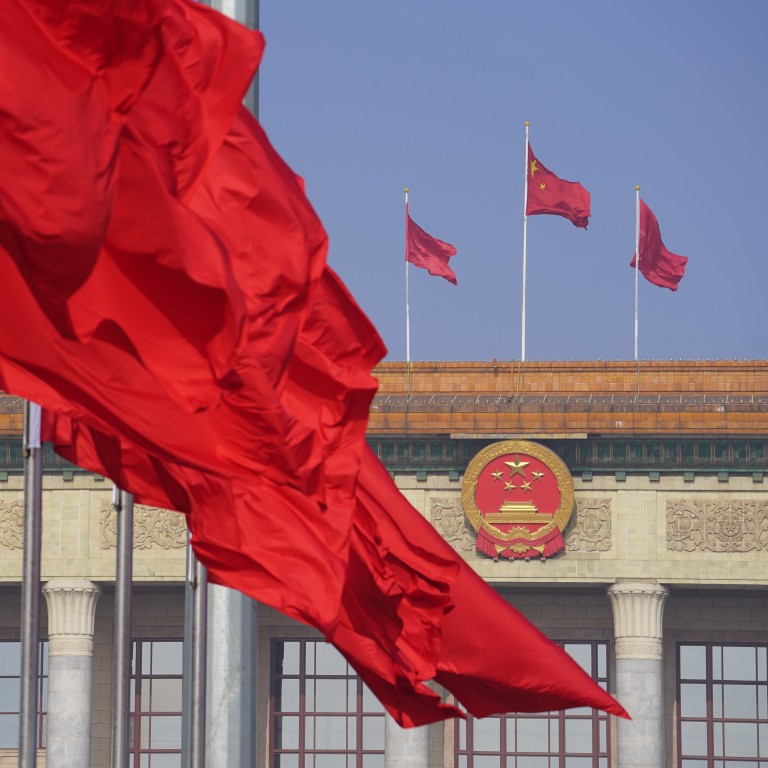
Two Sessions 2020: Hong Kong national security law will only target ‘small group of people’, Vice-Premier Han Zheng says as Beijing hits back at critics
- Faced with international criticism, office of China’s foreign ministry in city hits out at certain countries for making ‘irresponsible comments’ about law
- Ex-leader CY Leung says Beijing could authorise Hong Kong police to establish domestic intelligence agency similar to colonial-era Special Branch
Faced with criticism from the international community, the office of China’s foreign ministry in Hong Kong hit out at certain countries for making “irresponsible comments” about the legislation.
Protesters, meanwhile, vowed more demonstrations on Sunday, with police sources saying that about 6,000 riot officers would be on standby to deal with any flare-ups.
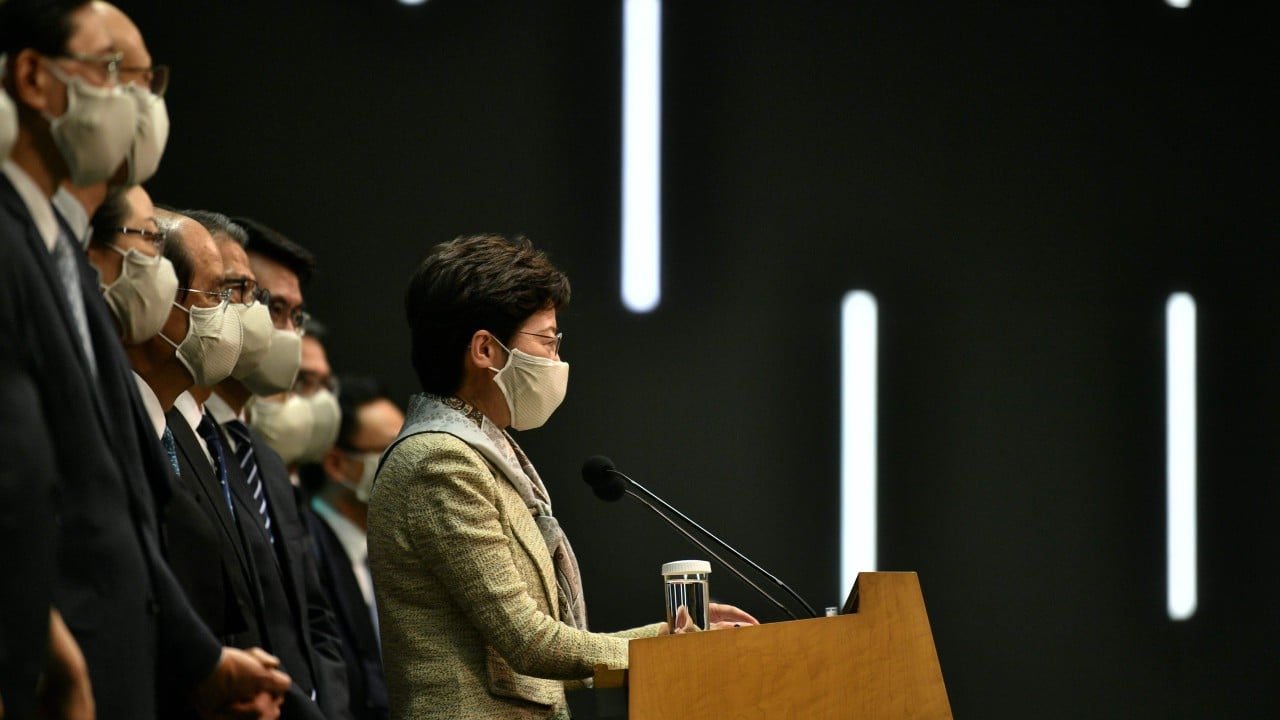
00:51
Hong Kong leader Carrie Lam vows ‘full support’ for national security law
The proposed law will bypass the city’s legislature. It will require the Hong Kong government to set up new institutions to safeguard sovereignty and allow mainland agencies to operate in the city when needed.
The law has sparked concerns over the fate of the “one country, two systems” blueprint that has guided Hong Kong since the handover of the city from British to Chinese rule in 1997.
Students must learn about national security law: education minister
Hong Kong delegations to the CPPCC and National People’s Congress issued two separate statements expressing support for the resolution, saying it was imperative to push forward the legislation as the city lacked legal mechanisms to respond to serious national security threats.
Some of the more than 100 delegates attending the meeting cited Han as saying that the central government decided to craft the law after “careful consideration” of concerns in society.
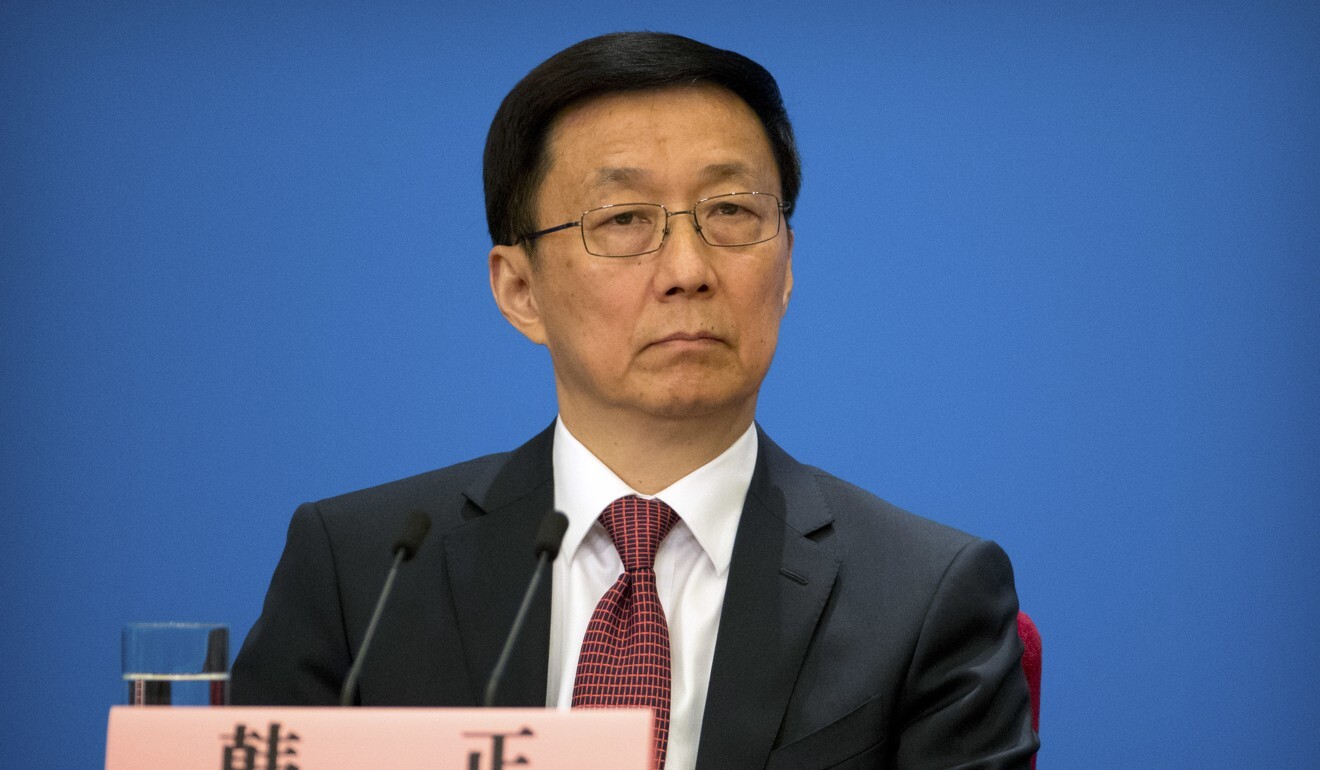
“The central government has expected fierce opposition voices and concerns in Hong Kong,” sources quoted Han as saying. “Beijing has the ultimate responsibility and rights to strengthen the mechanism of national security.”
International outcry grows against China’s security law for Hong Kong
“The situation in Hong Kong last year further challenged the guiding principle of ‘one country, two systems’ … If it was not resolved, the ‘one country’ would be traumatised,” another local delegate cited Han as saying.
Hong Kong was gripped by protests, sparked by a now-withdrawn extradition bill, from last June. The movement evolved into a wider anti-government campaign with increasingly violent confrontations between radical protesters and police. The protests began losing momentum late last year.
Han reassured delegates that the law would “only target a small group of people who harm national security” with the aim of plugging the legal loophole, improving the business environment and better protecting citizens’ lives and property.
Anthony Wu Ting-yuk, a member of the CPPCC Standing Committee, said it would be better to enact the national security law sooner rather than later, so society could put things behind it and move forward.
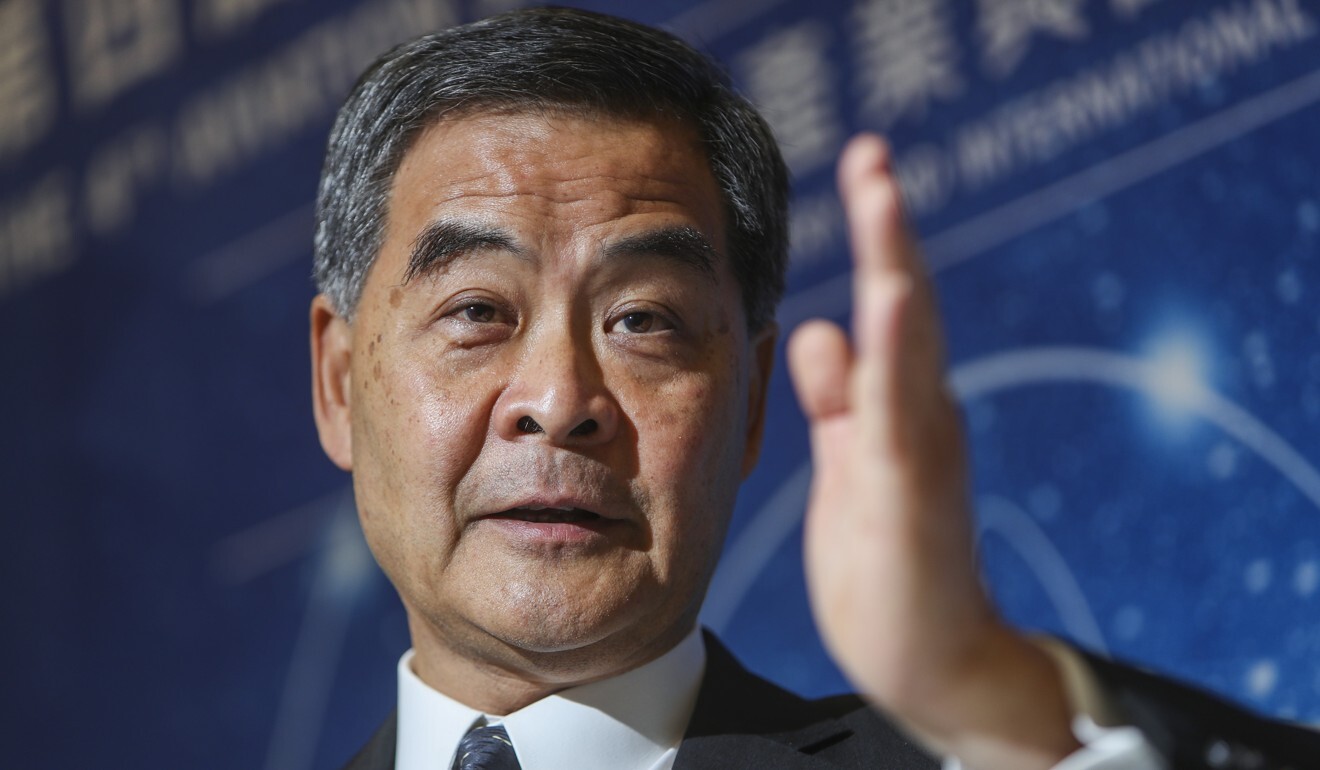
“I don’t expect a big exodus of foreign investors from Hong Kong after the law is passed,” said Wu, a former chairman of the Hong Kong General Chamber of Commerce.
Hong Kong and Macau Affairs Office director Xia Baolong, his deputy Zhang Xiaoming and central government liaison office director Luo Huining also attended the meeting, the Post understands.
About five delegates raised questions with Han about issues including proposals to enhance the country’s efforts to control the coronavirus epidemic.
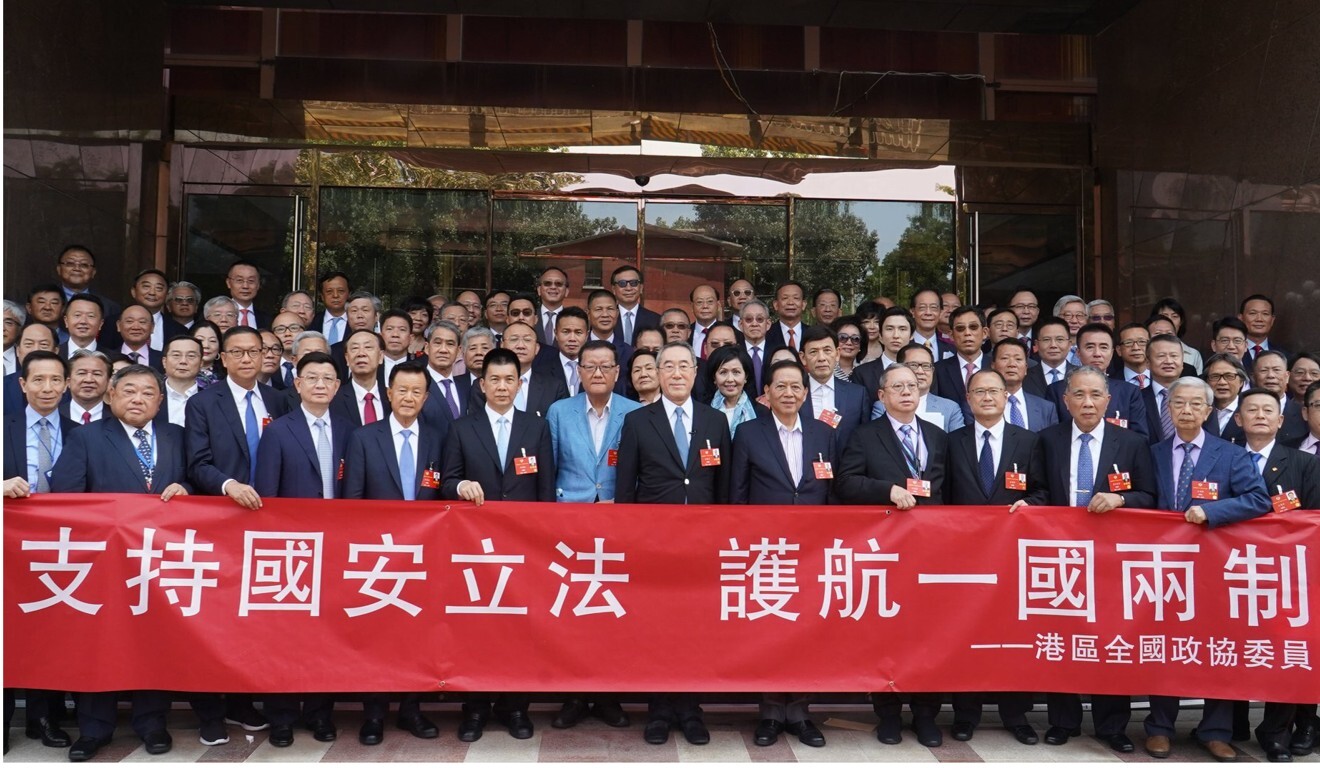
Han’s remarks coincided with a strongly worded statement from the Office of the Commissioner of the Chinese Foreign Ministry in Hong Kong that “condemned certain countries’ interference in Hong Kong affairs”, urging them to respect China’s sovereignty and abide by international law.
Carrie Lam vows ‘full support’ for national security law
“Some countries made irresponsible comments, accusations and even threats” after the resolution was revealed, a spokesman said. Those countries held “double standards” and “bandit logic” when they upheld national security values on one hand, but on the other, tried to undermine China’s efforts to maintain sovereignty, he said.
That came after British, Australian and Canadian foreign ministers issued a joint statement stressing the Sino-British Joint Declaration – the agreement signed by Britain and China in 1984 that paved the way for the handover – remained legally binding, and the European Union calling for the need to preserve the city’s high degree of autonomy.
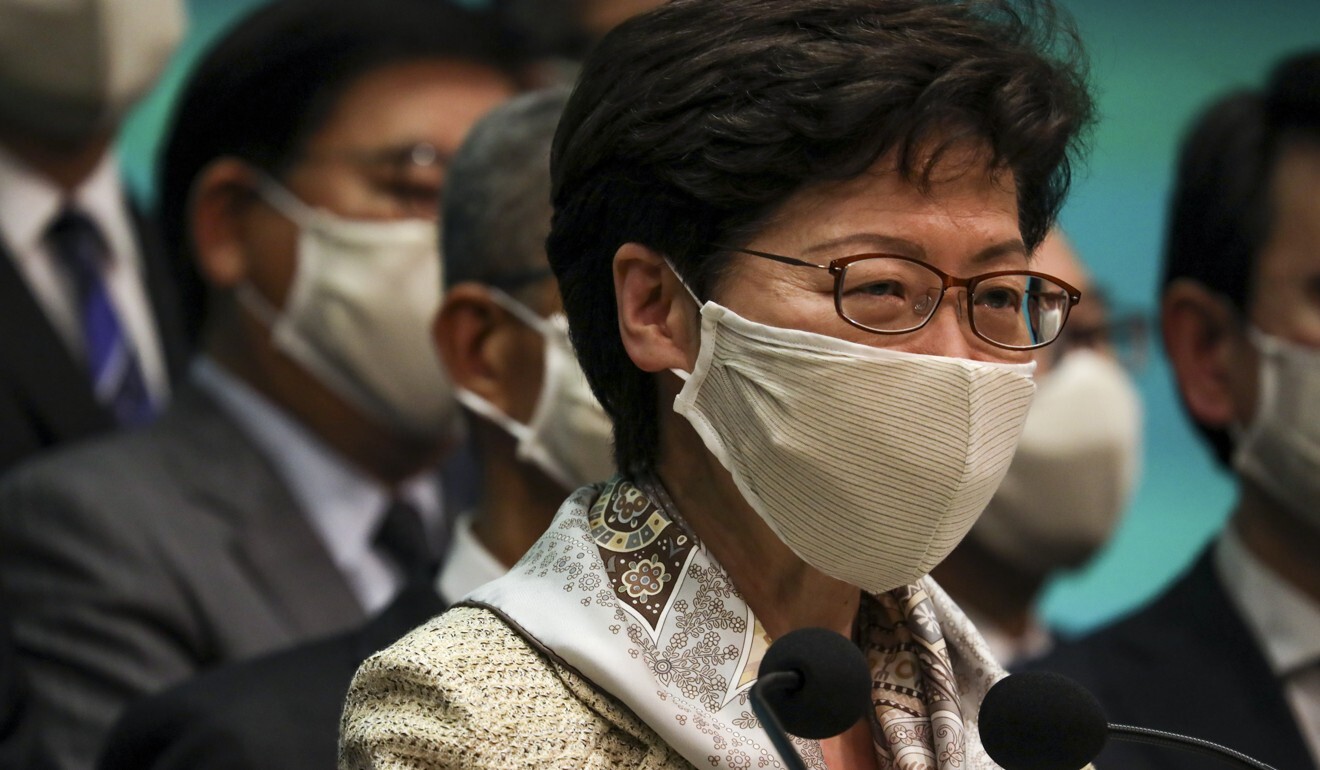
Former Hong Kong governor Chris Patten said China had “betrayed” the people of Hong Kong.
“[The West] should stop being fooled that somehow at the end of all the kowtowing there’s this great pot of gold waiting for us. It’s always been an illusion,” he told The Times newspaper.
While it remained unclear how Beijing would draw the line on what kind of acts would be deemed illegal and how the law would be enforced, former Hong Kong leader Leung, who is now a CPPCC vice-chairman, hinted that it could empower Hong Kong law enforcement agencies, such as police, to establish an intelligence agency similar to the Special Branch, which was in charge of anti-subversion operations and was dismantled before the handover in 1997.
A source close to Beijing, meanwhile, added the central government was aware of Hong Kong people’s concern about mainland agents possibly acting in the city, and would take steps to address it.
“Agents of the mainland’s national security authorities operating in Hong Kong would abide by Hong Kong laws and the new national security law would be mainly enforced by Hong Kong police and other departments of the city’s government,” the source said.
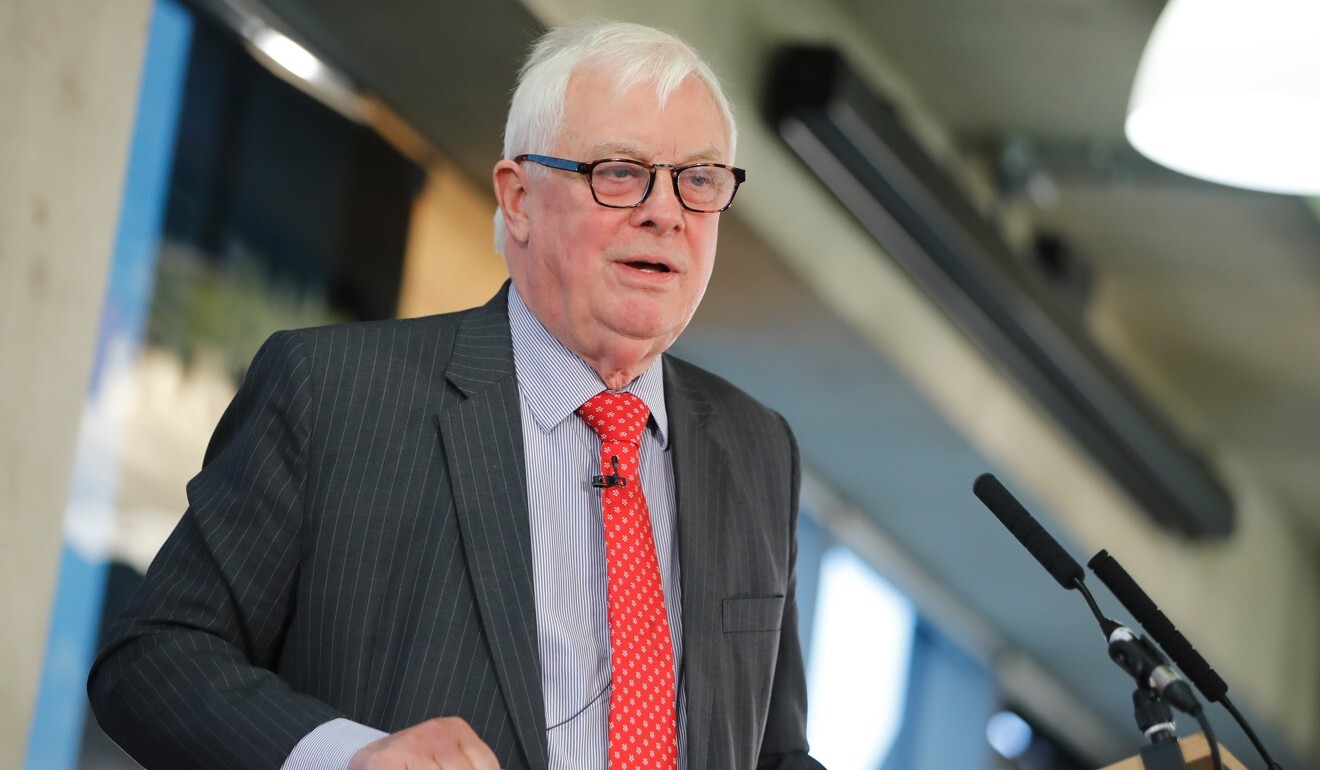
The mainland agents would focus on intelligence gathering if and when they operated in Hong Kong, according to the source.
“Those charged with violating the national security law would be tried by Hong Kong courts. There would be open trials,” the source said.
The source added that Hong Kong could continue to criticise the central government and the Communist Party even after the passage of the law.
“You can join rallies commemorating the June 4 [Tiananmen Square] crackdown in 1989 to mourn those killed in the incident,” the source said. “But you can’t topple the Chinese government with subversive activities or advocate Hong Kong independence.”
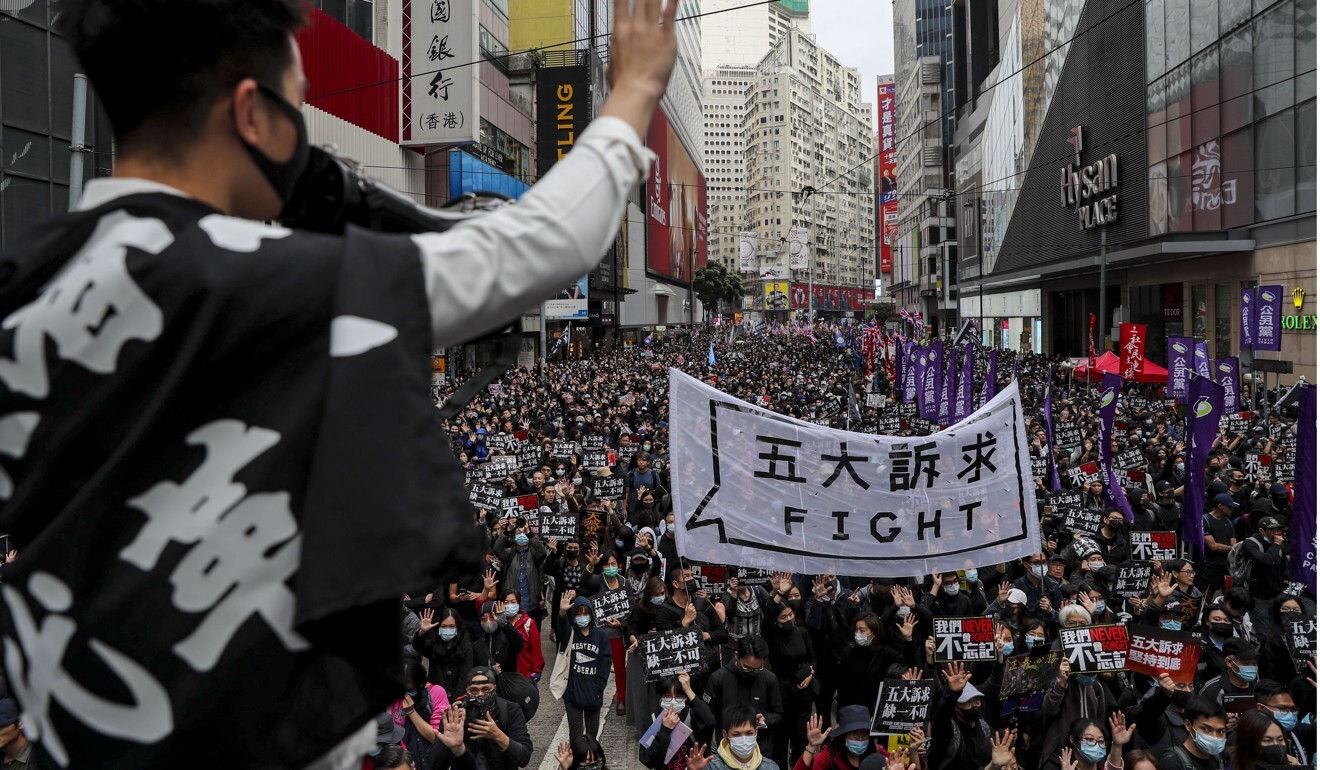
But veteran opposition figure Lee Cheuk-yan, chairman of the Hong Kong Alliance in Support of Patriotic Democratic Movements of China, which organises the annual June 4 vigil, feared the subversion crime under the new law could be used arbitrarily against activists.
Lee insisted pro-democracy activists should uphold staple traditions in Hong Kong, such as the vigil. “We have never done anything, in action, to overthrow the Communist Party,” Lee said.
The coverage of subversion under the new law was much wider than what was proposed in the local Article 23 bill back in 2003, according to Basic Law Committee member Albert Chen Hung-yee, a University of Hong Kong law professor.
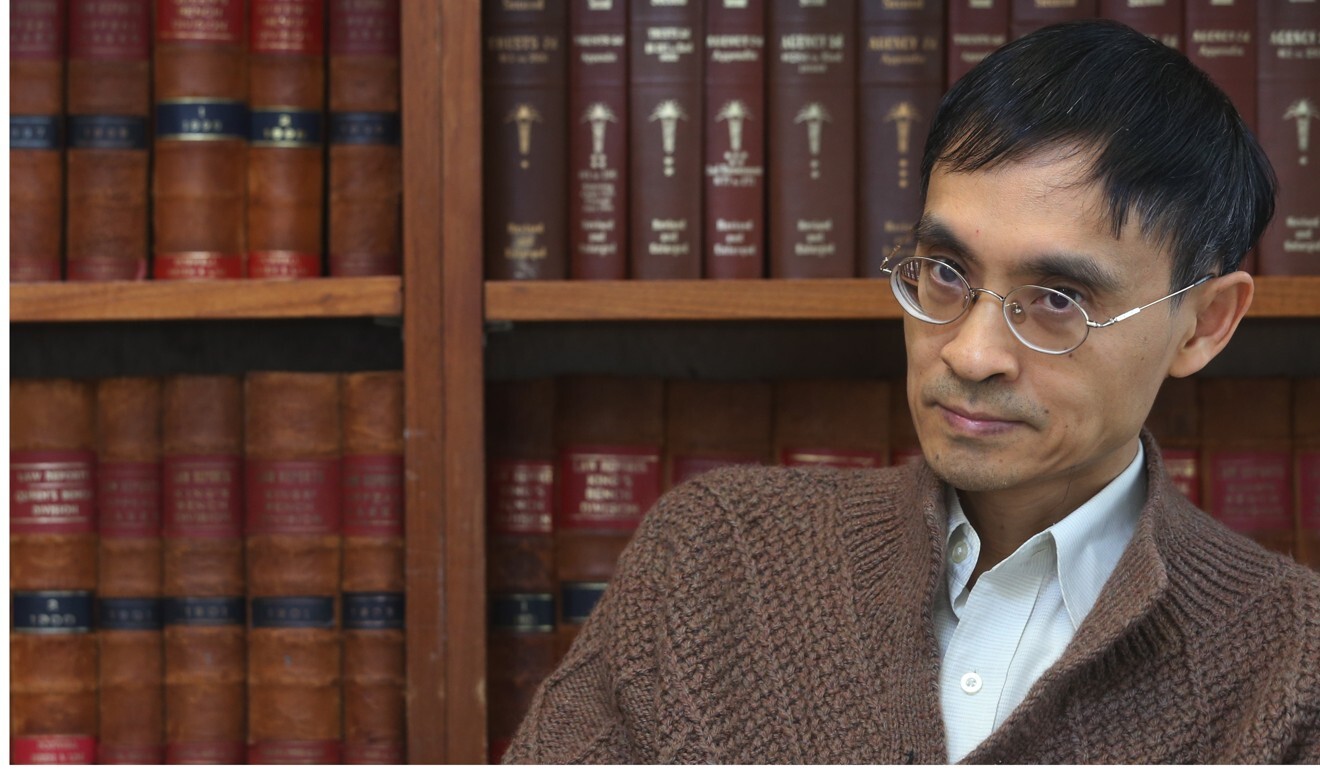
Chen noted that the new law targeted subversive acts that were against the “state power”, instead of only the “central government” as in the 2003 version.
“When we talk about the People’s Republic of China government, it does not include the National People’s Congress or other administrations, but if we now extend it to the state power, it covers many more administrations, including Hong Kong and other local authorities,” he added.
The city was relatively calm on Saturday, with only pockets of protesters gathering in New Jade Shopping Arcade in Chai Wan, and Paradise Mall in Heng Fa Chuen, but calls were issued to take to the streets of Hong Kong Island on Sunday.
The Civic Party’s Tanya Chan, convenor of the opposition bloc in the legislature, said she believed Hongkongers would make their feelings known as she warned that any intelligence agencies set up under the national security legislation “will be above Hong Kong law”.
Police said on their Facebook page they would deploy “adequate manpower” as appropriate at any unauthorised assemblies held on Sunday.
Additional reporting by Victor Ting
Help us understand what you are interested in so that we can improve SCMP and provide a better experience for you. We would like to invite you to take this five-minute survey on how you engage with SCMP and the news.



